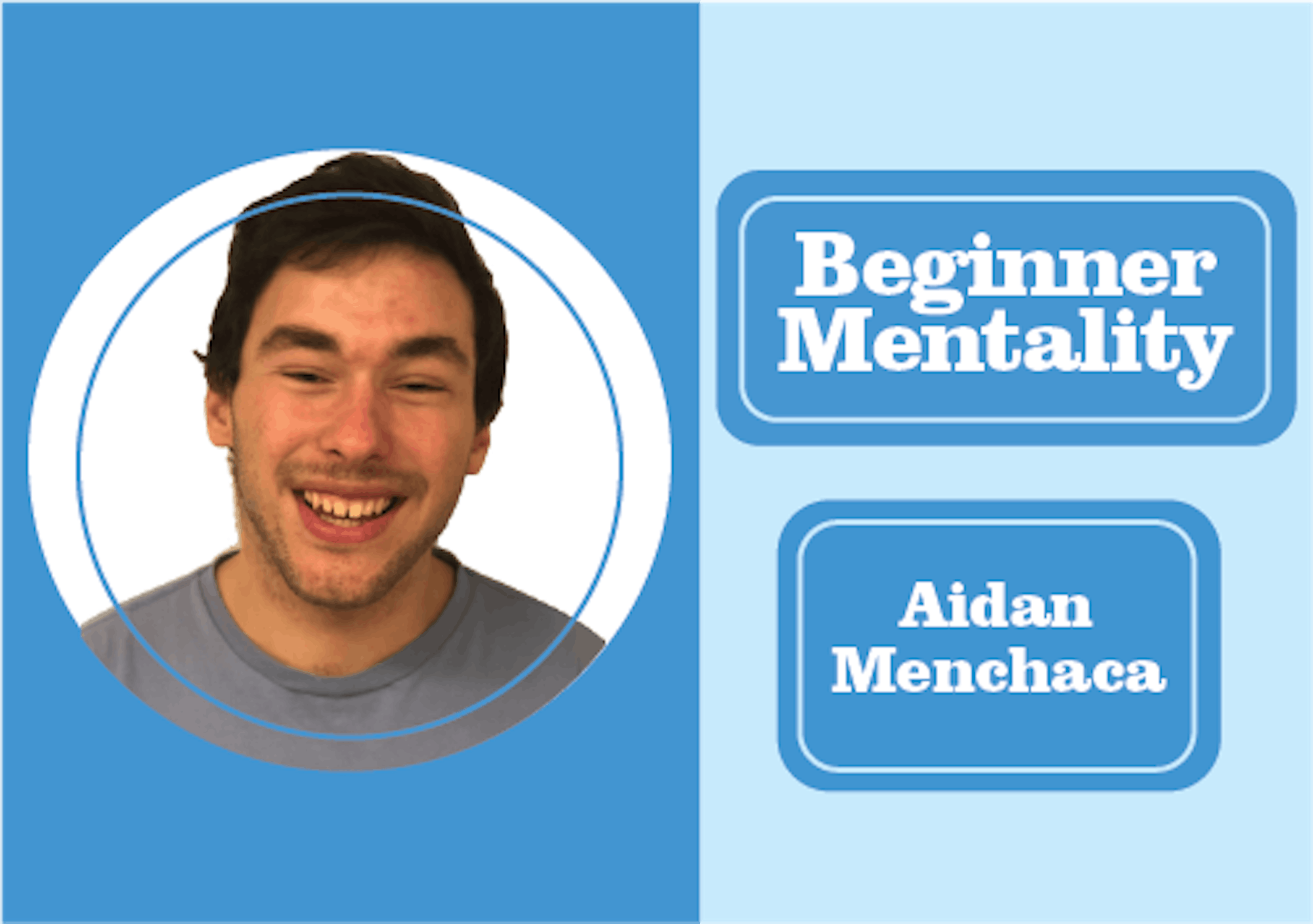The first piece I ever learned on the violin was a Romanian Hora — no “Twinkle Twinkle Little Star” and no Bach minuets. In fact, no sheet music at all!
For many violinists this would be a strange way to start. Yet, this unorthodox start has made such a difference to my development as a violinist and my entire view of the instrument’s capabilities. To start, everyone should be playing Romanian Horas!
The entire approach of folk music (in a broad generalization) is refreshing. Folk music embraces the communal aspect of music making because it is situated at the heart of the community and relies on ties between people. Learning music like this keeps it in your bones and forever in your ear. It is uncomplicated by abstract (although necessary) notation which I’m still getting a feel for. Instead of “reading” my first piece, I learned it by ear, as it would have been taught in the Romanian tradition. Learning by ear has caused me to listen more analytically and thoughtfully, counting the rhythms and homing in on each exact pitch. Violin playing is, of course, all about hearing yourself and others so this was a great way to sharpen my ear.
The Hora's unique tonality and danceability represented a completely new way of hearing the violin which firmly existed in Central Germany for me originally. In fact, when I first heard my teacher play the piece, it was hard to believe the same instrument was used to play Beethoven because it produced such a different effect. This goes to show how the violin, popular all around the world, is a great window into the world’s music and cultures. After having played more Romanian music and Greek music on the violin, I’ve been more interested to listen and learn more about other musical cultures, especially Indian classical music, Arab music and Klezmer.
Playing in a new style is a way of speaking a new musical language which transcends human language. I may not be able to speak to a Hungarian violinist, but music says more than we ever could share. When I’m playing, I might not understand every stylistic choice or play in the exact idiomatic way, but I feel a deep human connection to those who have created the piece. Hundreds of miles and years separate us, but we both agree on the beauty of this constellation of sounds.
Every few weeks I dust off the short Hora. After two years, my bow is no longer shaking and my intonation has improved considerably. I can add the confidence of a few years of playing, vibrato and a deep passion for all the forms of violin music. My fundamental relationship with the music is unchanged, however. That sense of awe will never leave me and I will always be looking to expand my playing and conception of the violin.
Beginner Mentality: Folk music






